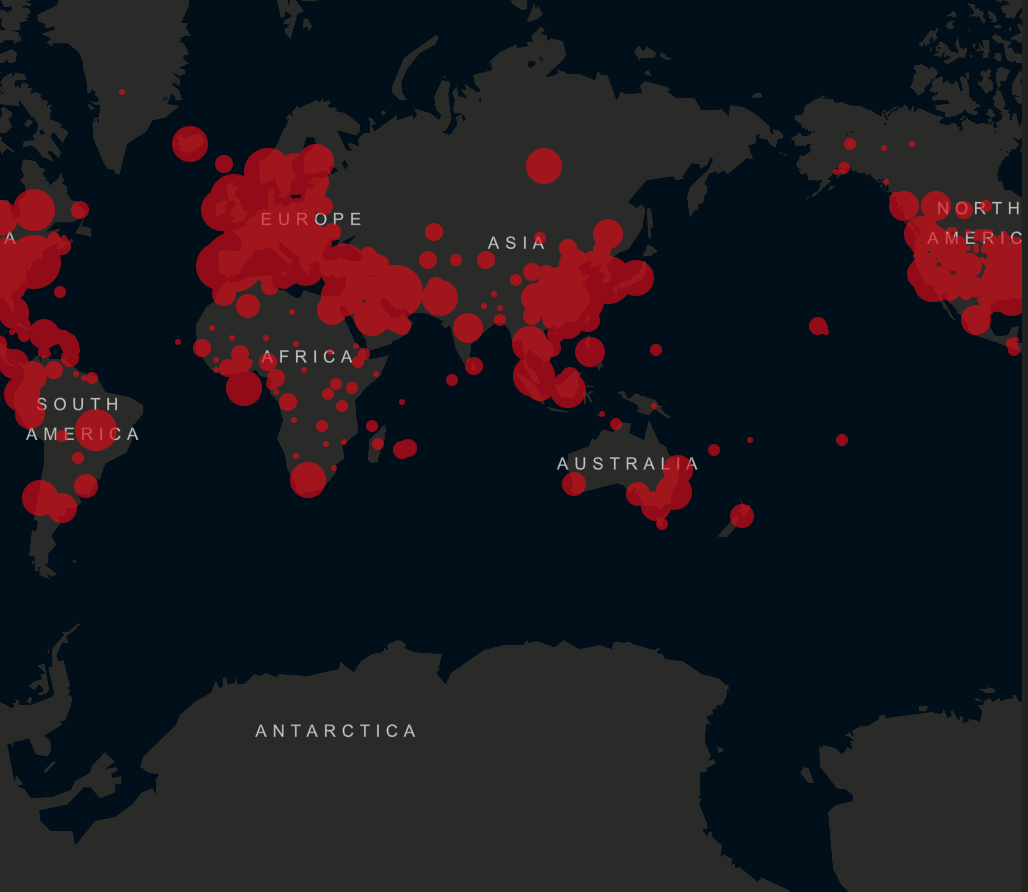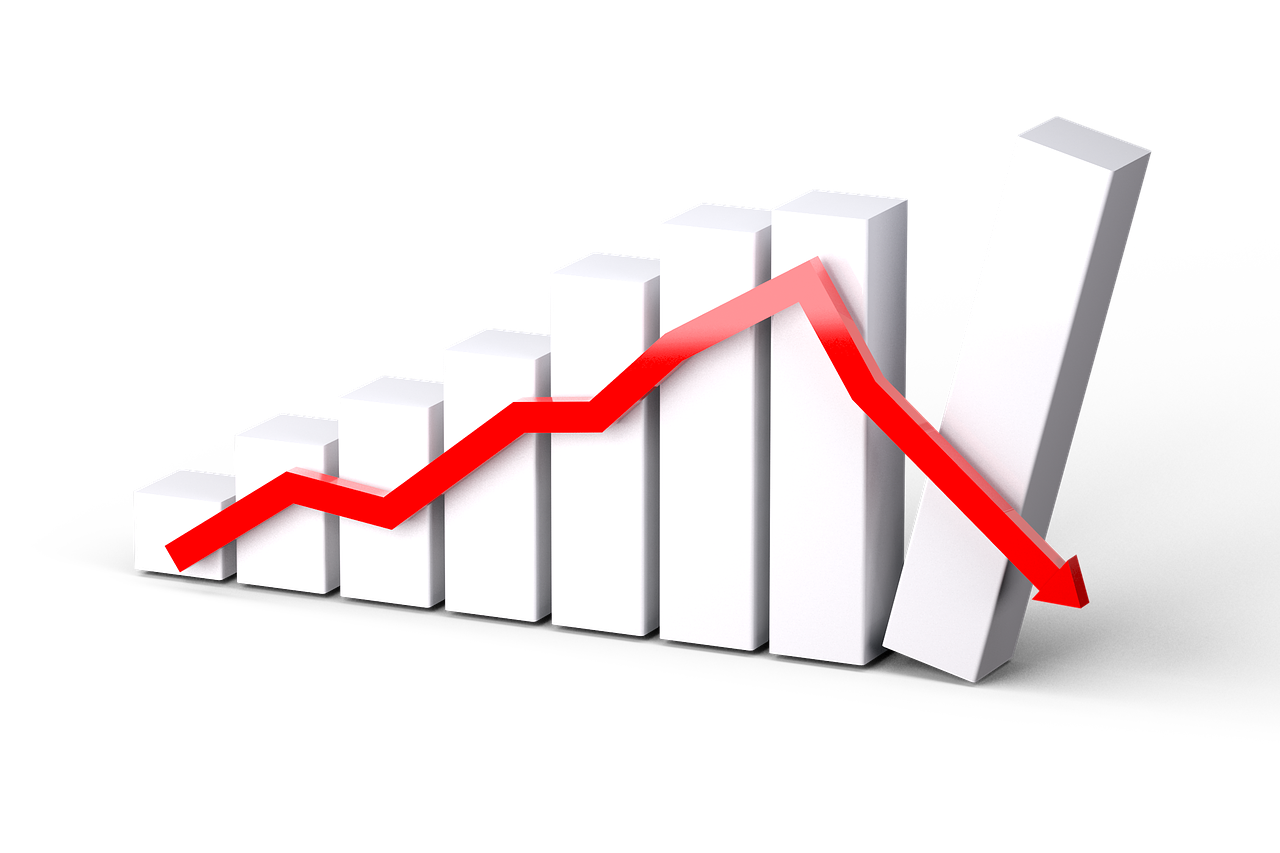Key Points:
- Confirmed cases 1 925 179
- Deaths 119 701
Live COVID-19 Monitor here
- Singapore reported 386 new cases of Covid-19, the disease caused by the coronavirus, as of noon local time on April 13, bringing the total number of cases closer to 3,000.
- China reports 89 new cases, says there’s been no additional deaths recorded
- Pope Francis: ‘This may be the time to consider a universal basic wage’
- Patience a virtue: Australia, New Zealand sticking with lockdowns
- South Korea reports 27 new cases of coranvirus
- China reported 89 new coronavirus cases
- SA’s unique Covid-19 trajectory, and how the government is attacking the outbreak
Singapore records its biggest single-day jump in cases
Singapore reported 386 new cases of Covid-19, the disease caused by the coronavirus, as of noon local time on April 13. Most of them are linked to infection clusters in dormitories that house foreign workers.
The inhabitants of those dormitories are typically men from other Asian countries who carry out labor-intensive construction jobs in order to support their families back home.
Last week, Singapore announced an inter-agency task force whose goal is to contain the outbreak in the dormitories, which has worsened recently.
From here
Stay Updated here
SA’s unique Covid-19 trajectory, and how the government is attacking the outbreak
The coming week is “critical” for the government’s Covid-19 fight, because the number of positive cases that are found during intensive testing will guide the government’s next move.
The government is looking at “stopping the small flames” to avoid having a large, uncontrollable fire in relation to the Covid-19 pandemic, but the country, at least in the initial phases of the outbreak, is bucking international outbreak trends.
Interventions could include encouraging the elderly into a self-isolation until as late as September, to ensure those vulnerable stay away from the virus.
The lockdown could be relaxed or continued to be enforced depending on how the disease is spreading in the coming weeks, and the government is especially looking at how many people are being infected by those already carrying the virus.
Professor Salim Abdool Karim, an epidemiologist and infectious diseases specialist who is working as an advisor for the government, delivered a presentation about the spread of the coronavirus in the country.
In a wide-ranging and detailed presentation, Karim said the coronavirus grows very rapidly, and for which patients experience symptoms at a rapid rate. He said the lockdown being introduced – on 26 March – was shown to slow down the number of infections.
Karim said the Covid-19 outbreak in SA came in three waves. The first wave was from people who travelled overseas, acquired the virus, and brought it back. This is coming to an end, however, since the closure of international travel.
The second wave were those who came into contact with people who travelled overseas.
The expectation was that these two groups would spread the virus widely inside the country, but that didn’t happen. Instead, what happened was that the cases of the travellers and their contacts did not spread.
The third wave is local transmissions – those infections from people inside the country.
Karim explained that the epidemic was introduced into the country by travellers (apart from China, where it began). But in South Africa, once the travellers arrived, they were cared for properly by doctors and suitably quarantined.
He said the third wave – internal transmissions – were just not happening in South Africa as it was in other countries.
Karim said the “reproductive rate” of the infection – that is, how many people is the infected person infecting – is leading to about one new infection. That could be the reason for the slower spread in South Africa.
That is why we instituted interventions that led to a situation where people weren’t interacting with others. Each infected person becomes a dead-end. We’re not seeing the growth in the disease.”
Karim said, however, the government was concerned about Cape Town, Johannesburg and Durban, which have big populations, and where a big outbreak could happen.
Karim warned, however, that once we end the lockdown – whenever that may be – then the public would be at risk because there is no immunity.
He said South Africa likely cannot escape an exponential spread of the virus.
Our population will be at high risk after the lockdown. We cannot escape this epidemic, not unless South Africa has… some mojo that protects us that is not present anywhere else in the world.”
From here
LISTEN HERE – Understanding Renewable Energy and how to start living OFF-GRID




